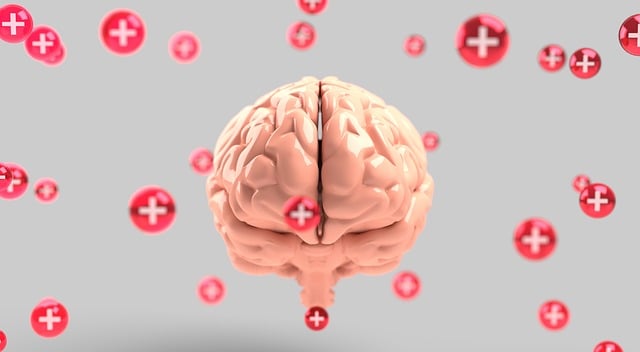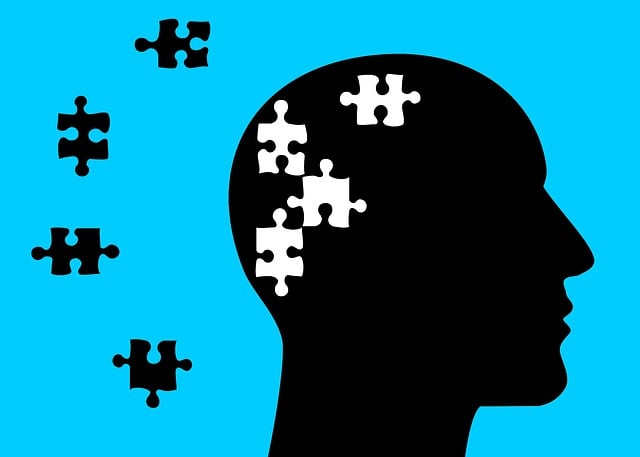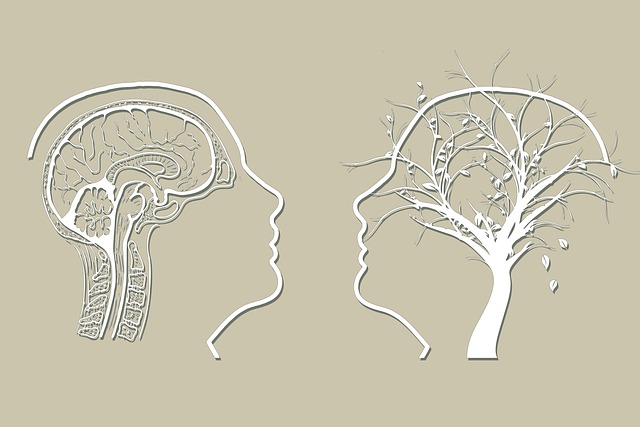Community outreach programs targeting young adults with psychosis (YAP) are crucial in early intervention and mitigating the condition's impact. These initiatives, aged 18-35, offer support groups, resources, and campaigns to promote emotional well-being, focusing on therapy for YAP. Key components include strategic design, cultural sensitivity, partnerships, peer support, education, and holistic activities. Challenges include engaging youth through various channels and customizing programs for diverse communities. Measuring impact involves risk assessments and emotional intelligence training to ensure tailored support, enhancing program effectiveness and sustainability in Therapy for Young Adults Psychosis.
Community outreach programs play a pivotal role in addressing psychosis among young adults, offering crucial support and early intervention. This article delves into the multifaceted approach of implementing effective initiatives aimed at this vulnerable population. We explore key components, from understanding community dynamics to designing evidence-based strategies for mental health therapy for young adults with psychosis. Additionally, we discuss common challenges, present solutions, and emphasize the importance of measuring impact to drive future initiatives.
- Understanding Community Outreach for Young Adult Psychosis
- Designing Effective Programs: Key Components and Strategies
- Implementation Challenges and Solutions
- Measuring Impact: Evaluating Success and Informing Future Initiatives
Understanding Community Outreach for Young Adult Psychosis

Community outreach programs play a pivotal role in addressing and mitigating psychosis among young adults. Understanding community outreach for Young Adult Psychosis (YAP) involves recognizing that early intervention is crucial. By reaching out to individuals aged 18-35 through targeted campaigns, support groups, and accessible resources, these programs aim to improve emotional well-being promotion techniques and self-esteem improvement. They provide an opportunity to disrupt the progression of psychosis by offering therapy for young adults with psychosis and fostering a sense of community.
These initiatives often incorporate self-care practices tailored to meet the unique needs of young adults. By engaging in community outreach, mental health professionals can encourage open dialogue about mental health struggles, reduce stigma, and empower individuals to take control of their emotional well-being. Through these efforts, community outreach programs not only support those affected by psychosis but also contribute to a broader culture of mental wellness and resilience among young adults.
Designing Effective Programs: Key Components and Strategies

Effective community outreach programs for young adults experiencing psychosis require careful design and strategic implementation to make a meaningful impact. Key components include tailoring interventions to the specific needs and cultural contexts of the target population, ensuring accessibility and affordability, and fostering partnerships with local organizations and healthcare providers. Engaging individuals through peer support groups, educational workshops, and holistic activities can help build resilience and self-esteem improvement while addressing symptoms.
Integrating depression prevention strategies within these programs is crucial, as many young adults with psychosis also struggle with co-occurring depressive disorders. Enhancing cultural competency training for healthcare providers involved in the outreach ensures culturally sensitive care and builds trust within marginalized communities. By combining evidence-based practices, community collaboration, and a person-centered approach, outreach programs can effectively address the unique challenges faced by young adults navigating psychosis, ultimately improving their overall well-being.
Implementation Challenges and Solutions

Implementing community outreach programs for mental health support, particularly aimed at young adults experiencing psychosis, comes with its unique challenges. One significant hurdle is reaching the target audience effectively; many young people might be hesitant to seek help or may not know where to turn. Overcoming this requires a strategic approach that includes engaging with local youth through schools, community centers, and social events. Utilizing peer support networks can also foster trust and encourage participation.
Another challenge is ensuring cultural sensitivity and relevance. Customizing programs to resonate with diverse communities is essential for broader acceptance. This can be achieved by employing culturally competent practitioners and incorporating activities that reflect the interests and values of the specific community. Additionally, integrating evidence-based practices such as stress management workshops, resilience-building exercises, and self-care practices can empower young adults with coping mechanisms, enhancing their overall well-being.
Measuring Impact: Evaluating Success and Informing Future Initiatives

Measuring the impact of community outreach programs is crucial for evaluating their success and guiding future initiatives. This process involves a comprehensive assessment that extends beyond simple attendance or satisfaction levels. By employing tools such as risk assessments for mental health professionals, which can help identify early signs of psychosis in young adults, organizations can gain valuable insights into the program’s effectiveness.
Moreover, emotional intelligence training for community leaders and volunteers plays a significant role in enhancing their ability to connect with participants and tailor support accordingly. Integrating this into the design of mental health education programs ensures that the outreach efforts are not just reaching individuals but also fostering meaningful connections and providing valuable therapy for young adults experiencing psychosis. This holistic approach ultimately strengthens the overall impact and sustainability of community outreach initiatives.
Community outreach programs play a pivotal role in providing therapy for young adults psychosis, addressing a critical need in many communities. By integrating key components such as early intervention, tailored services, and collaborative partnerships, these initiatives can effectively navigate implementation challenges to deliver meaningful impact. Measuring success through rigorous evaluation enables continuous improvement, ensuring that resources are allocated efficiently to support individuals affected by psychosis. Ultimately, successful community outreach fosters inclusive environments and enhances the overall well-being of young adults navigating this complex condition.














